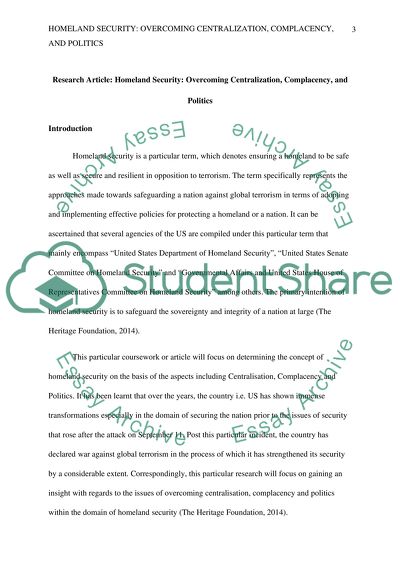Cite this document
(“Homeland Security: Overcoming Centralization, Complacency, and Research Paper”, n.d.)
Homeland Security: Overcoming Centralization, Complacency, and Research Paper. Retrieved from https://studentshare.org/miscellaneous/1669503-homeland-security-overcoming-centralization-complacency-and-politics
Homeland Security: Overcoming Centralization, Complacency, and Research Paper. Retrieved from https://studentshare.org/miscellaneous/1669503-homeland-security-overcoming-centralization-complacency-and-politics
(Homeland Security: Overcoming Centralization, Complacency, and Research Paper)
Homeland Security: Overcoming Centralization, Complacency, and Research Paper. https://studentshare.org/miscellaneous/1669503-homeland-security-overcoming-centralization-complacency-and-politics.
Homeland Security: Overcoming Centralization, Complacency, and Research Paper. https://studentshare.org/miscellaneous/1669503-homeland-security-overcoming-centralization-complacency-and-politics.
“Homeland Security: Overcoming Centralization, Complacency, and Research Paper”, n.d. https://studentshare.org/miscellaneous/1669503-homeland-security-overcoming-centralization-complacency-and-politics.


